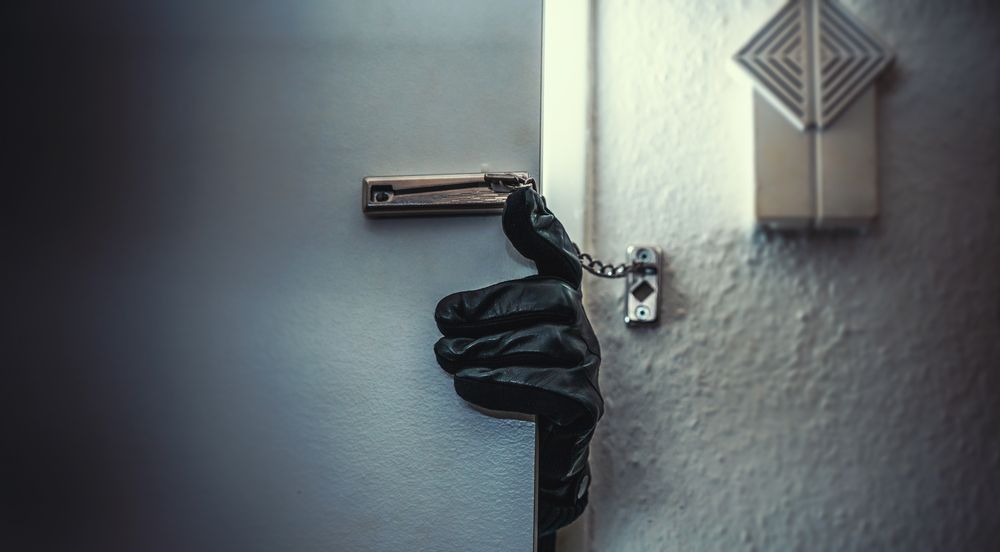
Understanding Philadelphia Area Burglary Laws
If you live in the Philadelphia area, it’s important to be aware of the local laws. Burglary is a serious offense that can result in hefty fines and even prison time if you’re found guilty. Knowing what constitutes burglary in Pennsylvania and how it’s prosecuted is essential for anyone living or working in the area. In this article, we’ll explore burglary laws in the Philadelphia area, including what qualifies as burglary, punishment for a conviction, and defense strategies that may apply.
What Constitutes Burglary In Pennsylvania?
In the state of Pennsylvania, burglary is defined as unlawful entry into a building with the intent to commit a crime. This includes any structure, vehicle, or vessel used for overnight accommodation – such as a home, office building, or another type of dwelling. The crime can be charged as either a felony or misdemeanor offense, depending on its seriousness and the value of the property taken.
The key element of burglary is that it must involve an intent to commit a crime – such as theft or destruction of property – once the person has entered the building. If there is no proof that a criminal act was intended, then charges may be reduced to trespassing or loitering.
Punishment For A Burglary Conviction
For first-time offenders, the penalty imposed is usually probation and community service. If a person has an extensive criminal history, however, or if the burglary was especially violent, they may face stiffer penalties, including prison time. In cases where firearms were used during a crime or stolen property was particularly valuable, a judge is more likely to impose a harsher sentence such as prolonged incarceration.
Common Defense Strategies Against Burglary Charges
One common defense strategy against burglary charges is to deny that there was any intent to commit a crime. This can be difficult since entering a property without permission often suggests criminal activity. Another defense strategy is to challenge the evidence presented by prosecutors, such as questioning the accuracy of eyewitness testimony or casting doubt on surveillance footage.
The defendant may also attempt to demonstrate that they had permission to enter the property or that an agreement was made with the owner for entry. It is also possible for defendants to argue that their actions were legally justified, such as if they entered a property to rescue someone in danger or to stop a crime from occurring. Finally, it may be possible for defendants to make a plea deal with prosecutors.
Contact An Expert
At the Law Offices of Richard J. Fuschino Jr., we provide personalized defense strategies tailored to the individual client’s needs and goals. As criminal defense attorneys in Philadelphia, PA, we are proud to support our clients in the Philadelphia community. Contact us today for a free consultation to discuss your case and how we can help you. Our goal is to achieve the best outcome possible for our clients.
